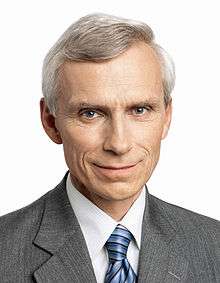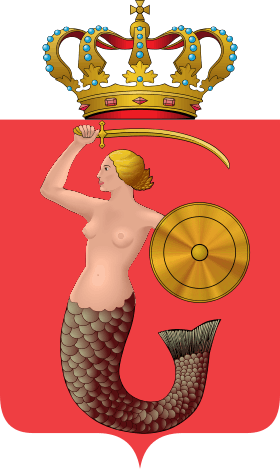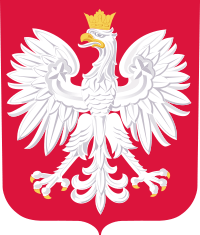Marcin Święcicki
Marcin Święcicki (born 17 April 1947) is a Polish politician and economist. He is a former deputy minister of economy, former minister for foreign economic relations as well as a former mayor of Warsaw.
Marcin Święcicki | |
|---|---|
 | |
| Minister for Foreign Economic Relations | |
| In office 1989–1991 | |
| Prime Minister | Tadeusz Mazowiecki |
| Personal details | |
| Born | 17 April 1947 Warsaw |
| Nationality | Polish |
| Alma mater | University of Warsaw George Washington University |
| Website | Święcicki Blog |
Early life and education
Święcicki was born in Warsaw on 17 April 1947.[1] He graduated from the University of Warsaw.[2] He attended George Washington University and Harvard University for postgraduate studies and received a PhD from George Washington University in economics.[1]
Career
Święcicki was the secretary general of the Consultative Economic Council from 1982 to 1989.[2] He served as deputy minister of economy and then minister for foreign economic relations from 1989 to 1991 in the cabinet led by Prime Minister Tadeusz Mazowiecki.[1][3] In 1989, he was also elected to the Parliament and served for two terms from 1989 to 1991 and from 1993 to 1996.[4] He was the mayor of Warsaw from 1994 to 1999.[5] Then he served as an advisor to the President of Lithuania Valdas Adamkus on economic reforms from 1999 to 2000.[1] From February 2002 to 2005 he was the director of economic and environmental affairs at the Organization for Security and Cooperation in Europe (OSCE).[4][6] In 2011, he was again elected to the Parliament.[2]
He is also the president of the support committee for the Museum of the History of Polish Jews.[7] and president of European Movement Poland [8]
Views and work
Although Święcicki was not a member of the Solidarity group, like other members of the Mazowiecki cabinet he was acceptable to the group and had Solidarity-aligned economic views.[9]
Święcicki is the author of several books which mostly focus on economics.[10]
References
- "O mnie". M. Święcicki Blog (in Polish). Archived from the original on 6 November 2015. Retrieved 25 August 2013.
- "Józef Retinger – the Polish Richard Coudenhove-Kalergi". Pro Europa. Retrieved 25 August 2013.
- "Ukraine at Crossroads" (PDF). Canada Ukraine Foundation. 2012. Retrieved 25 August 2013.
- "Speakers and moderators". Open Ukraine. 2009. Archived from the original on 25 August 2013. Retrieved 25 August 2013.
- F. Stephen Larrabee. "Ukraine and Transatlantic Integration" (Book chapter). Center for Transatlantic Relations. Retrieved 25 August 2013.
- "Secretariat - Office of the Coordinator of OSCE Economic and Environmental Activities". OSCE. Retrieved 25 August 2013.
- "The director of the Museum of the-History of Polish Jews resigned". Virtual Shtetl. Retrieved 25 August 2013.
- "Rucheuropejski Wladze". Virtual Shtetl. Retrieved 6 April 2016.
- John Feffer (1992). Shock Waves: Eastern Europe after the Revolutions. Cambridge, MA: South End Press. Retrieved 1 September 2013. – via Questia (subscription required)
- "Święcicki, Marcin". WorldCat Identities. Retrieved 3 December 2013.
External links
| Wikimedia Commons has media related to Marcin Święcicki. |

